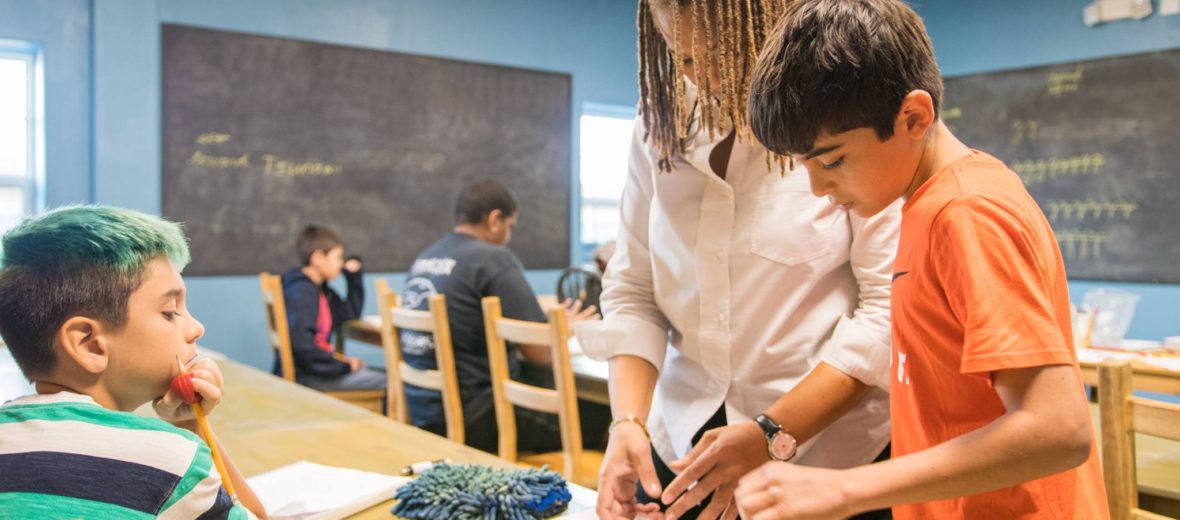
The Technology-free Classroom: the Pace Academy Difference
In a generation of fast-paced technological advancements, Waldorf schools are facilitating creativity and inspiring critical thinking skills by taking electronics out of the classroom.
But why take electronics out of the classroom?
Because studies have shown children don’t learn as efficiently from computers as they do from human interaction.
Pace takes pride in being the only Waldorf school here in the Valley, and also leading the way in cultivating minds through creation, experimentation, and hands on life experiences—with no technology in sight. Kids here are making it a priority to spend time outdoors, and to interact with each other face to face. We believe this is what truly fosters deep-rooted knowledge and literacy, instead of the more often seen repetition and memorization-based curriculum, which doesn’t often nurture a love for learning.
Instead of electronic technology, Pace students author their own workbooks. Every subject is done in a journal or a notebook where the topic is decided by the student. For instance, when dealing with math problems, we don’t create worksheets for kids to fill in the blanks—that’s doing half of the work for them. The students work together to solve problems they come up with on their own.
It’s no different than trying to create a video of the Grand Canyon and actually viewing it yourself. You can get really close through a camera lense but there’s nothing like being there in person. When shown a picture of the Grand Canyon, you can appreciate its beauty, but when you are physically there and experiencing it, it is an emotional and spiritual adventure that words cannot even express. This is a comparable effect we believe happens when you’re teaching a child. When a teacher uses hands on learning, they’re reaching them on an emotional level that can’t be done with a computer or tablet.
A global report by the Organisation for Economic Co-operation and Development (OECD) studied the outcomes of school districts who invested largely in technology and found “no noticeable improvement” in reading, math and science in the Programme for International Student Assessment (PISA) tests.
According to a The Guardian article titled Tablets out, imagination in: the schools that shun technology, Beverly Amico, leader of outreach and development at the Association of Waldorf Schools of North America, explains that, “lessons are delivered by a human being that not only cares about the child’s education, but also about them as individuals. What do you remember as a child in the classroom? It is usually field trips, getting your hands dirty in a lab or a beautiful story. Those are the things that stay with you 50 years later.”
Our desire is that our kids won’t just memorize facts or study test-taking strategies, but enjoy learning and utilizing the tools given to them to lead the next generation of explorers, creative thinkers, innovators and inventors!
Read the magazine article
